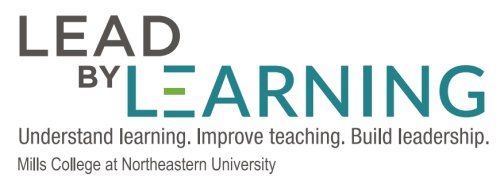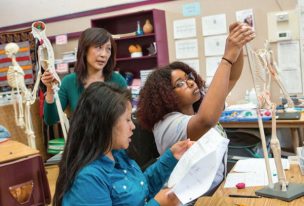The Lead by Learning Certificate in Leading Adult Learning
The Lead by Learning Certificate Program develops the leadership capacity of established and emerging leaders in both the educational and non-profit sectors, with an emphasis on design and facilitation of powerful adult learning spaces that center the experience of youth. It is designed to support leaders to disrupt unjust practices, cultivate curiosity, and drive continuous improvement across organizational systems.
The program offers a reflective, robust community of practice including asynchronous guided writing prompts and occasional synchronous learning experiences that develop leader identity and skill while connecting to deeper purpose, vision for equity, and core values.
The program guides learners through four modules that include framing videos and written assignments designed to deepen self-awareness and guide learners through core elements of leading adult learning.
Modules are published throughout the year with completion deadlines. Participants access learning experiences and content through our online learning management system (Canvas) and use this system to turn in the program’s required reflections. The program is largely asynchronous but will feature 2-3 synchronous meetings (1 hour each) per year in order to connect with the wider Lead by Learning Network and engage in thought partnership with other leaders.
Certificate Modules Include:
- Module 0: Reflecting on Self
- Module 1: Clarifying Purpose
- Module 2: Refining Practices
- Module 3: Understanding Impact
Aligned to Lead by Learning’s Leader Profile Framework, educators who participate are supported to build their skills and dispositions as partners, learners, and visionaries as shown below.
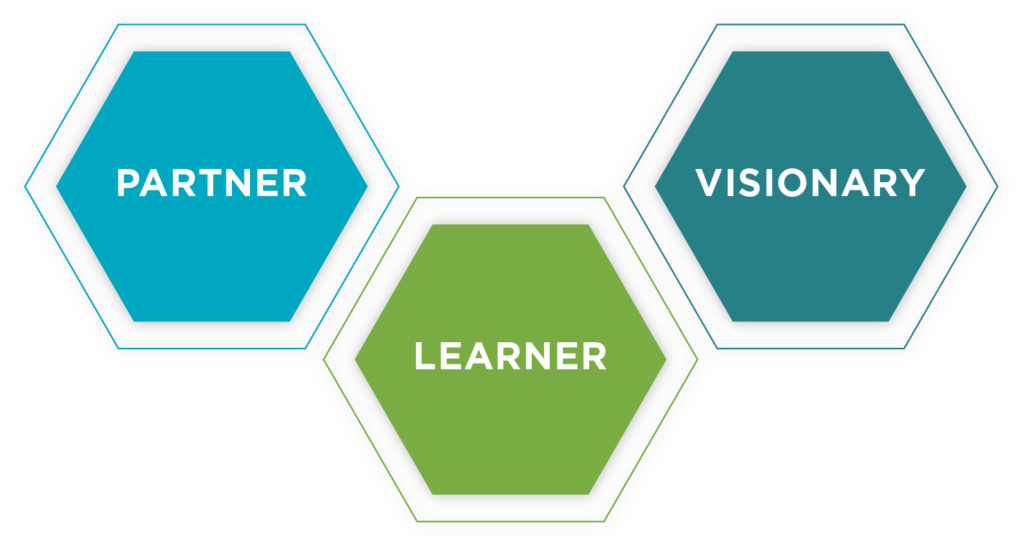
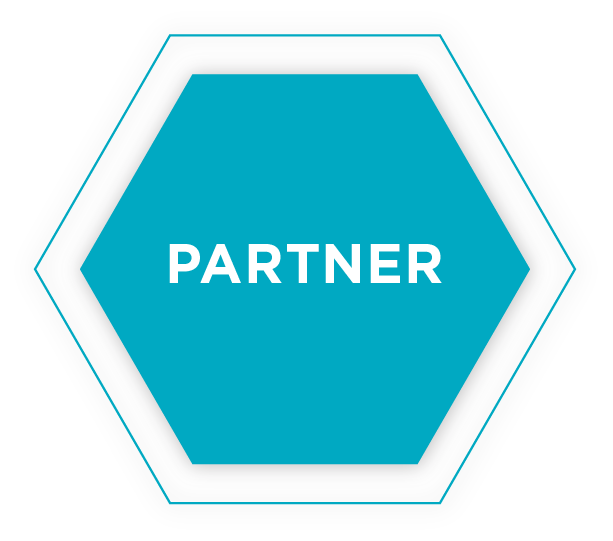
- Values multiple perspectives and seeks thought partnerships
- Deeply listens with empathy and care, looking first for assets/connections
- Builds relationships that cultivate a culture of professional respect, trust, agency, and distributed leadership
- Supports rigorous learning steeped in SEL
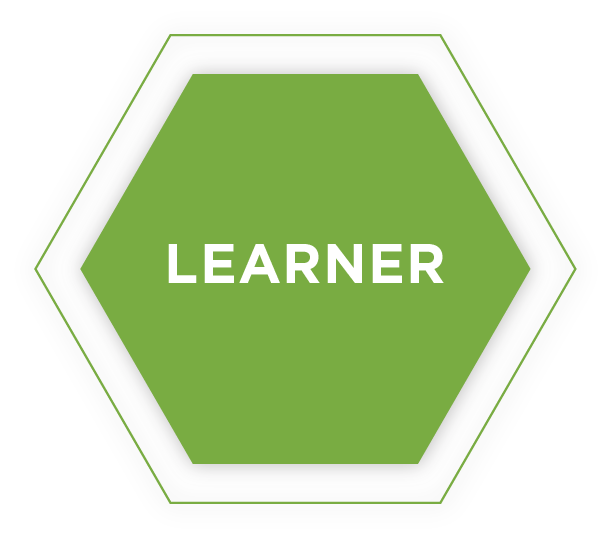
- Publicly models a learning stance (curiosity, vulnerability, trust, flexibility, adaptability)
- Uses data to make adult and student learning visible
- Adapts and improves by deepening self-awareness
- Leads collaborative learning by experiencing and reflecting on conditions that supported their own learning

- Puts students at the center of learning by identifying and returning to high leverage goals that target students’ needs
- Communicates purpose and progress in humanizing, authentic ways to build awareness and support continuous improvement
- Creates space to move beyond transactional compliance to curiosity and collective efficacy
- Is driven by a moral imperative
What I Found
What I found this year, when doing this work, is that
loosening the grip of one’s own identify-bound perspective leads
to valuing multiple perspectives that add to the vision of a high quality program for our students
asking “What else do I need to know; what have I not thought about?” leads
to more power behind our continuous quality improvement process and better outcomes
deeply listening with empathy and caring leads
to identifying assets in others that I don’t possess and finding that the people I lead have wisdom that this moment needs
cultivating a culture of professional respect, trust, agency and distributed leadership leads
to building a program that is more responsive to the needs of our students that isn’t based just on my vision for the program, but the strengths of the people I lead who implement it
engaging in rigorous learning and braving uncomfortable conversations leads
to change, of how we think and act to improve the program and improve the outcomes for the students we serve
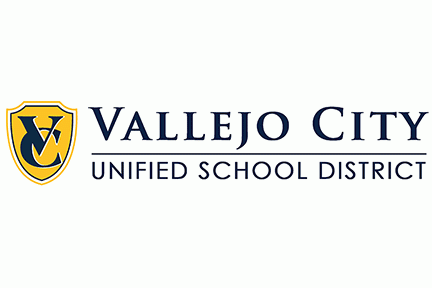
Vallejo City Unified School District
